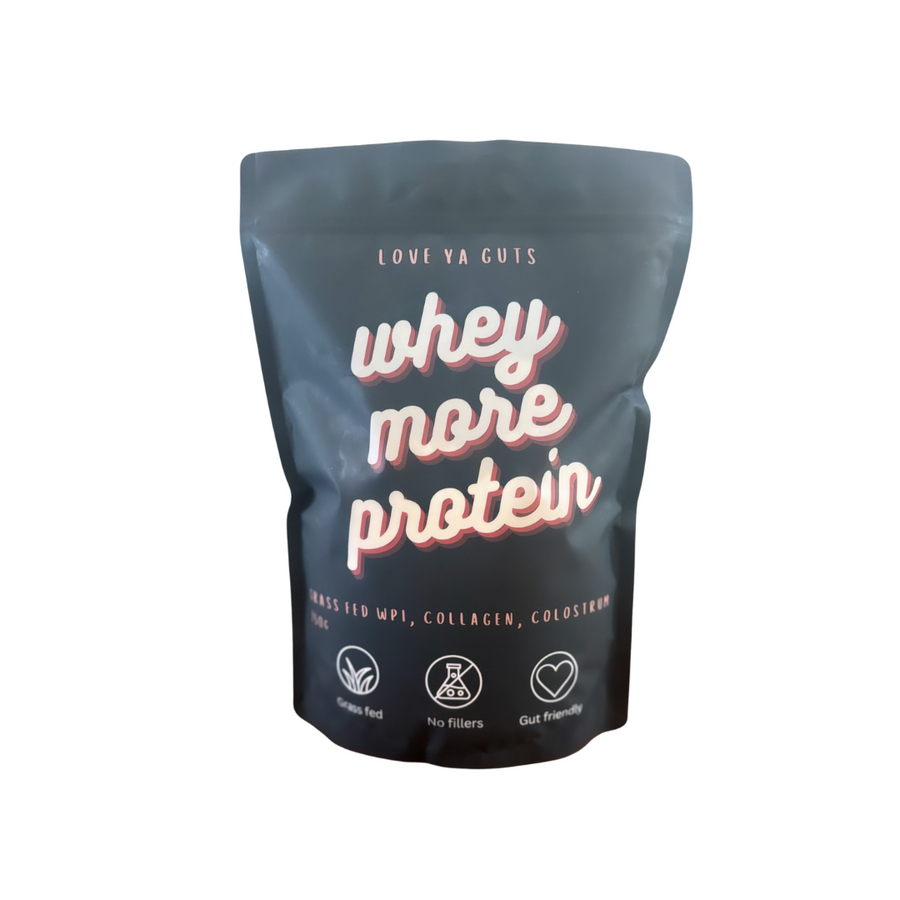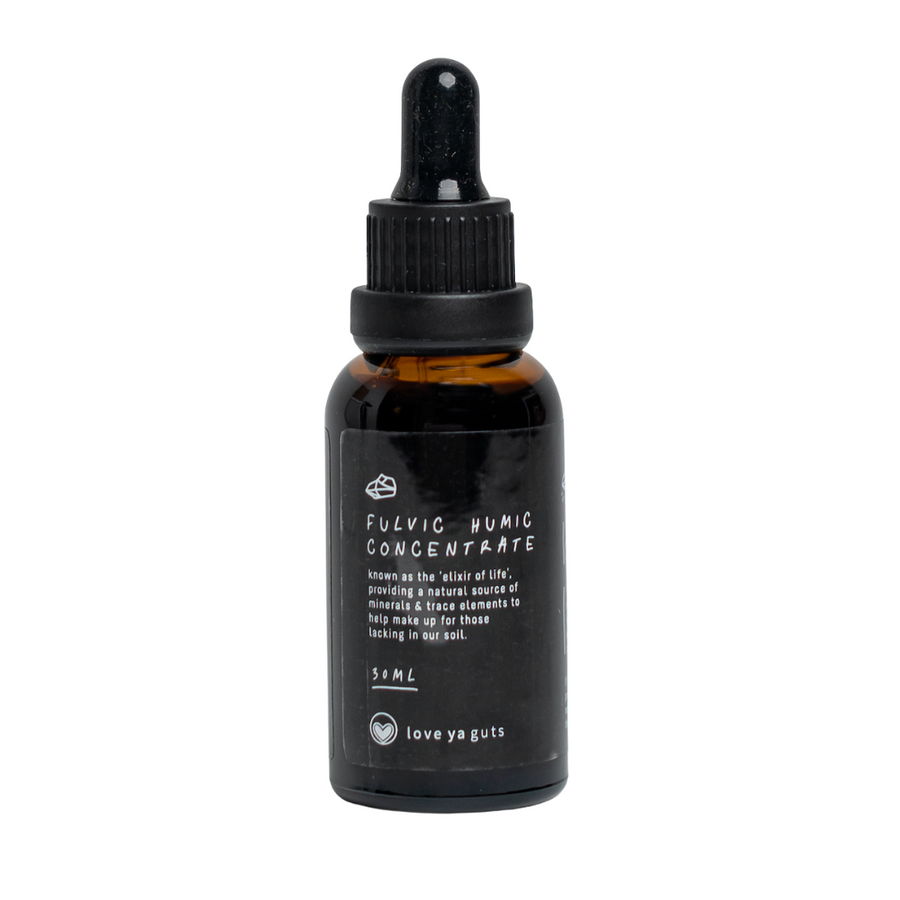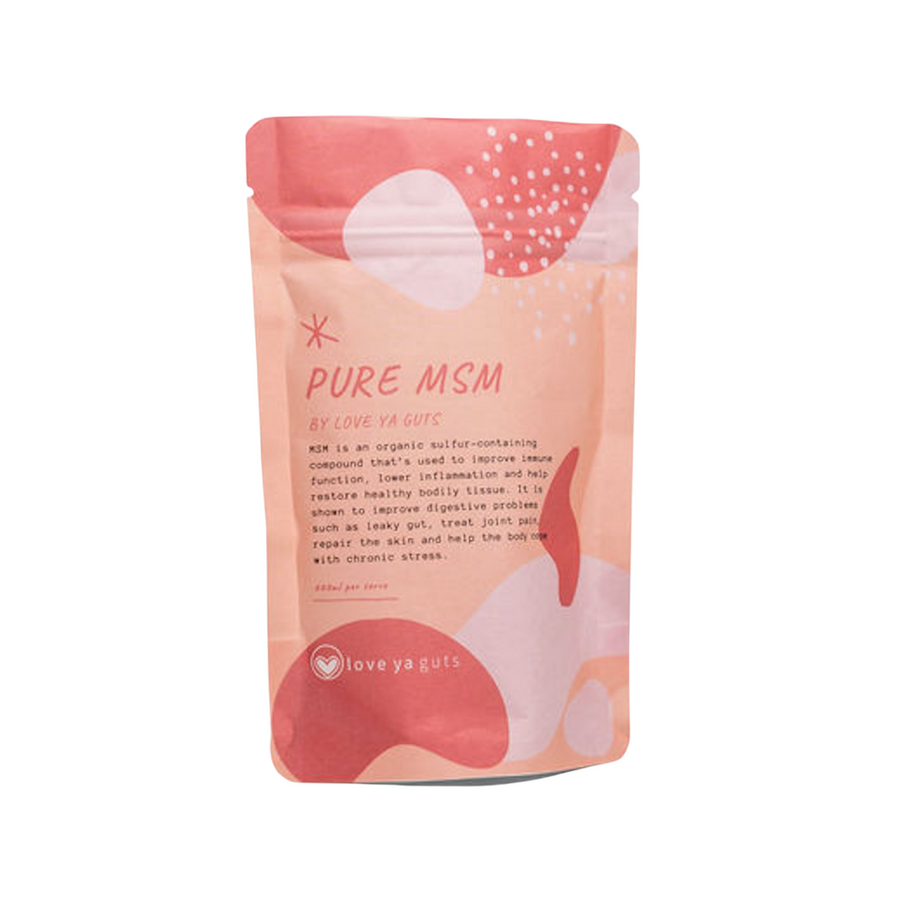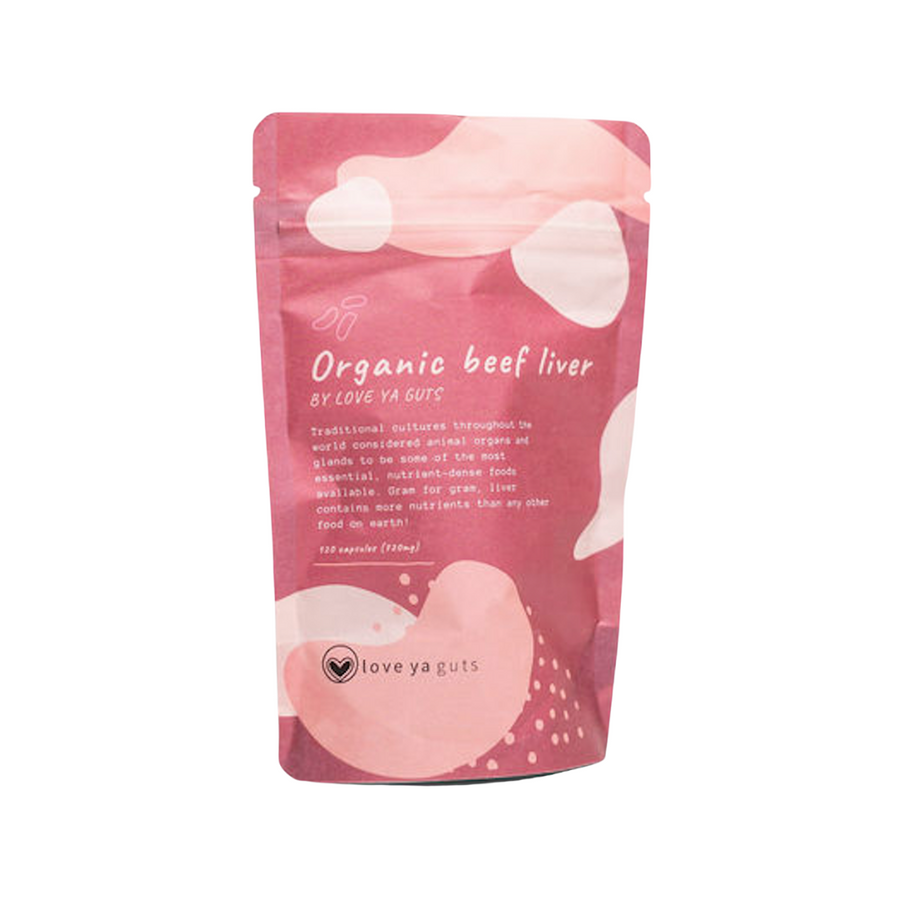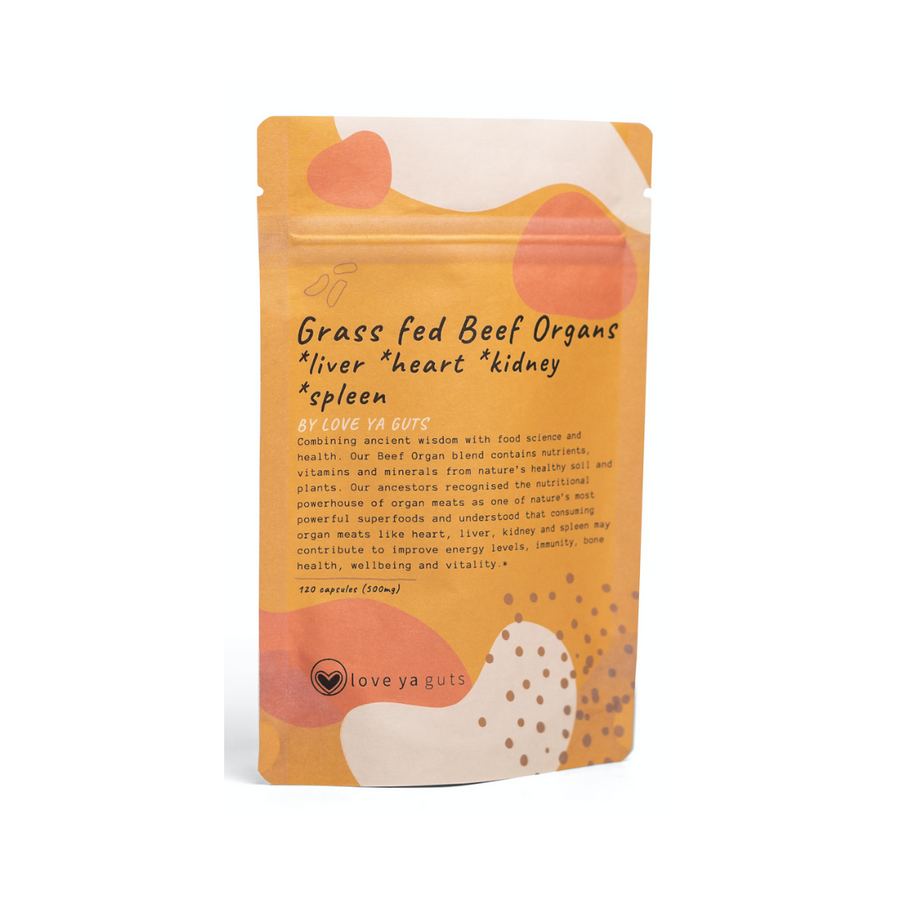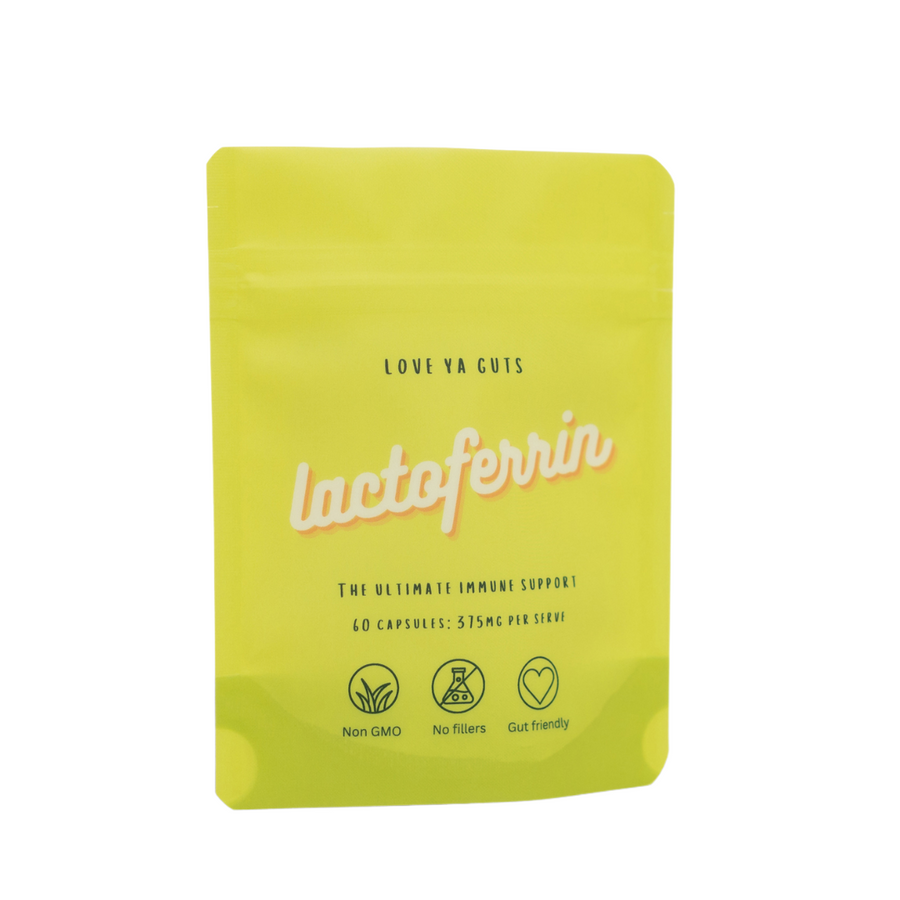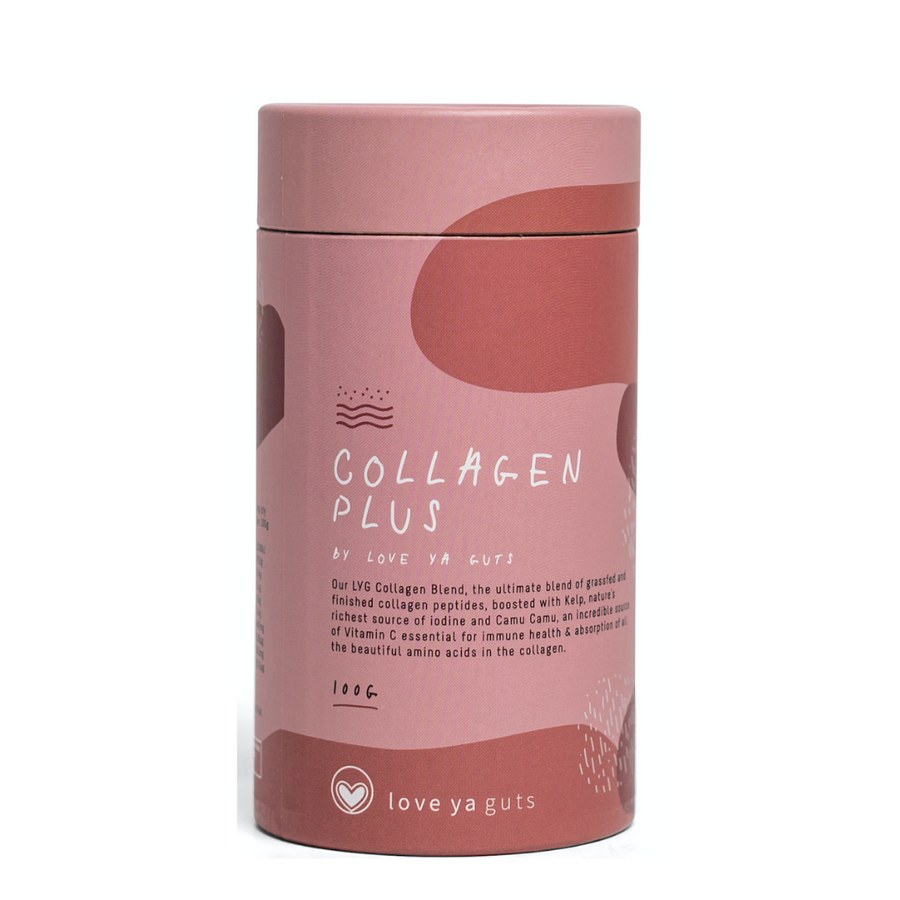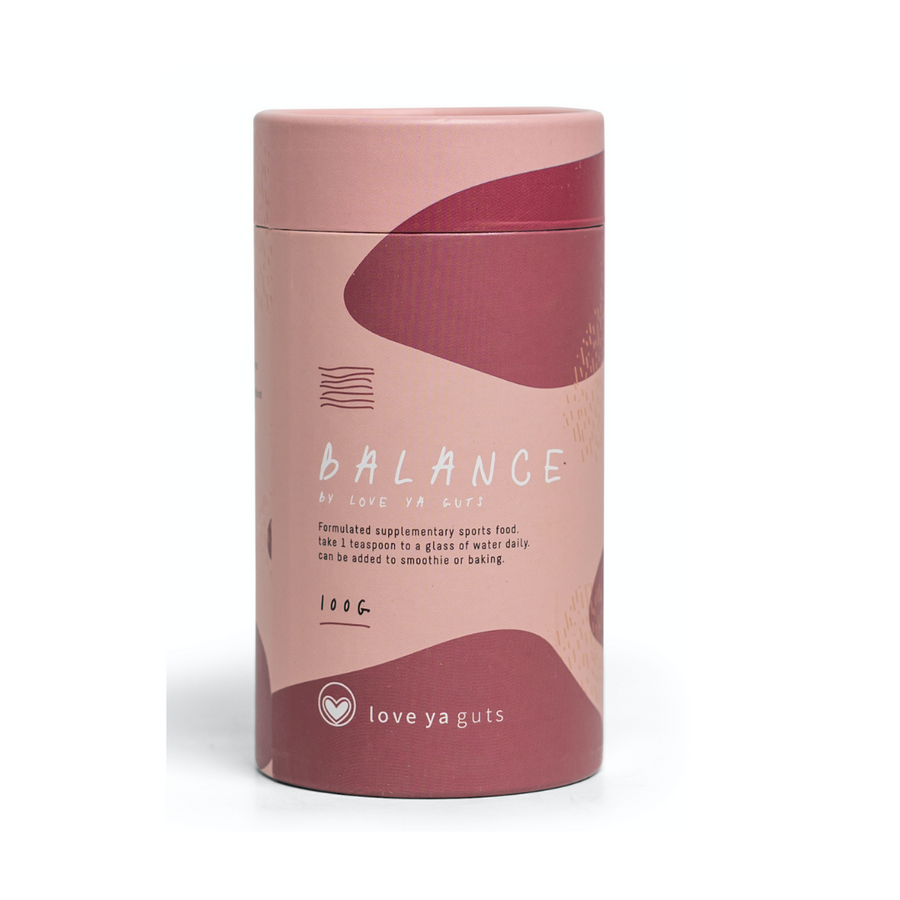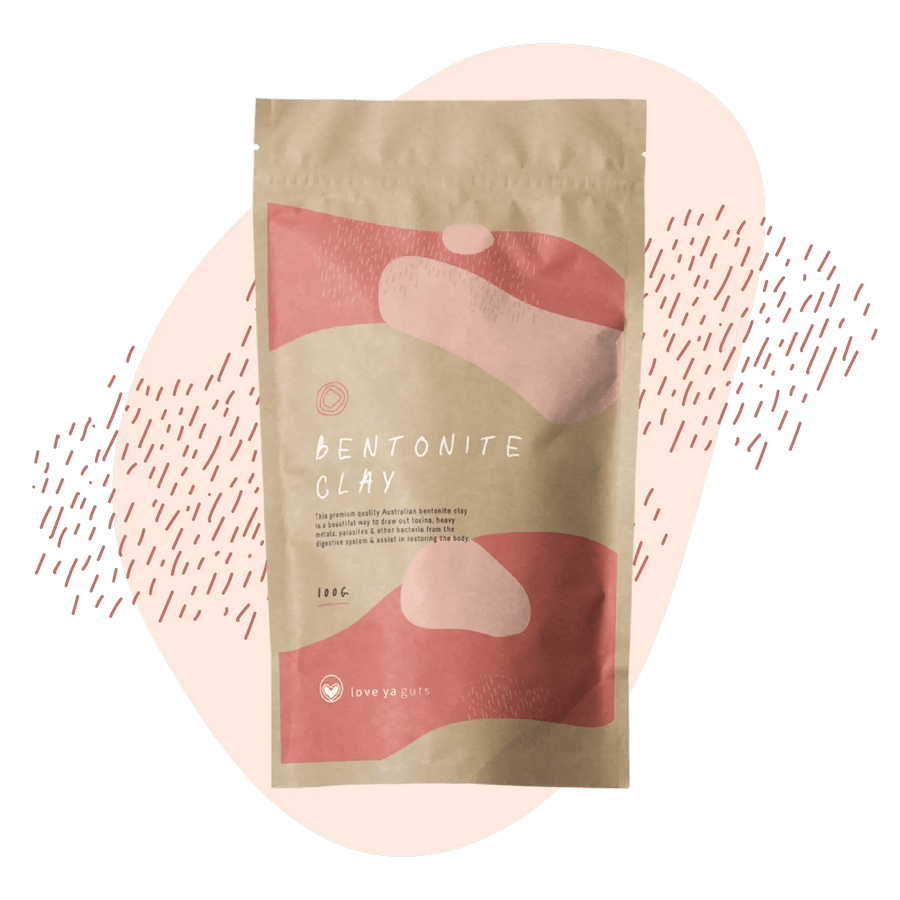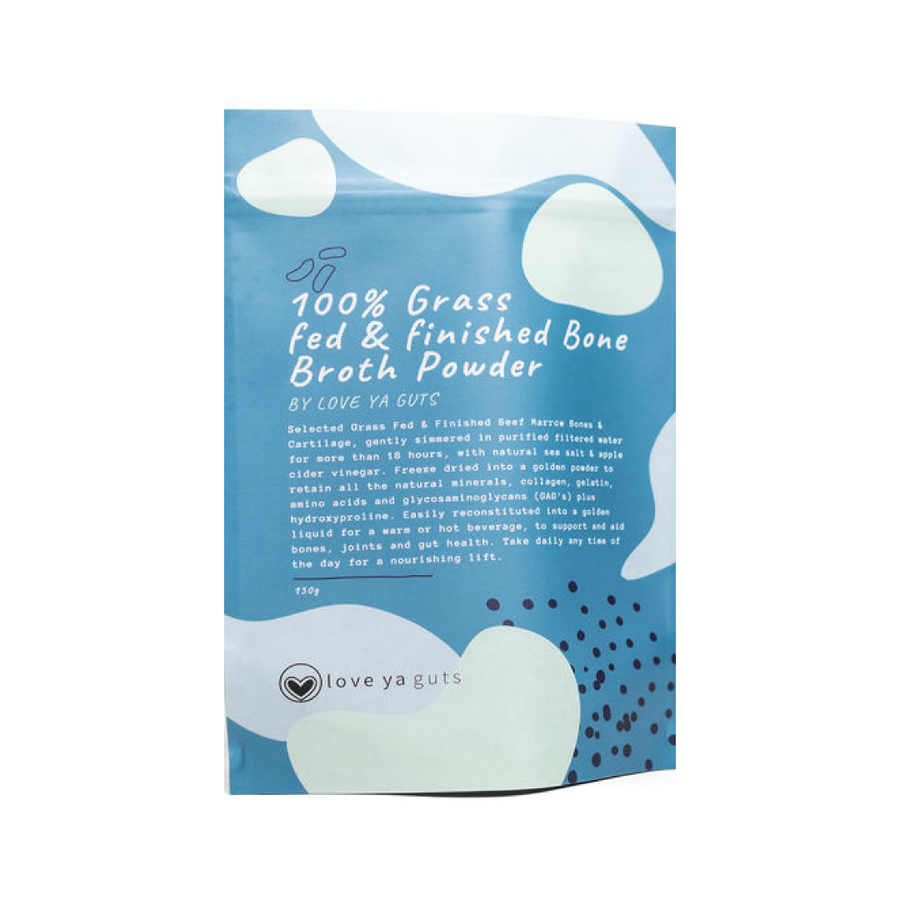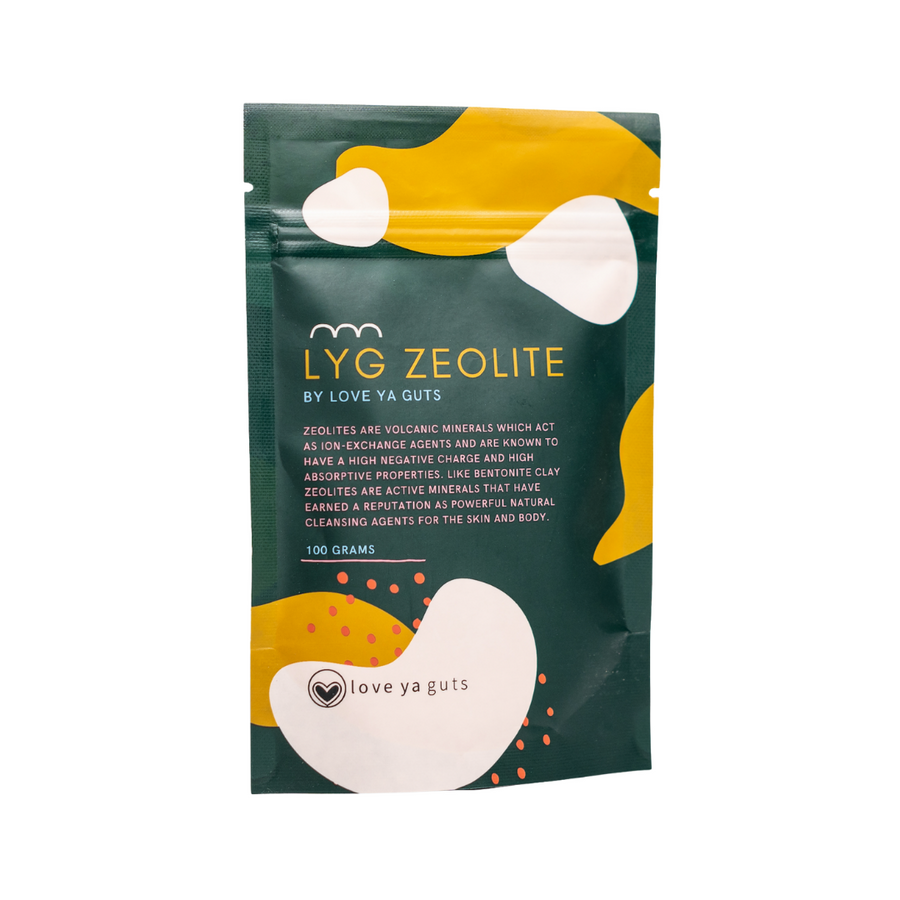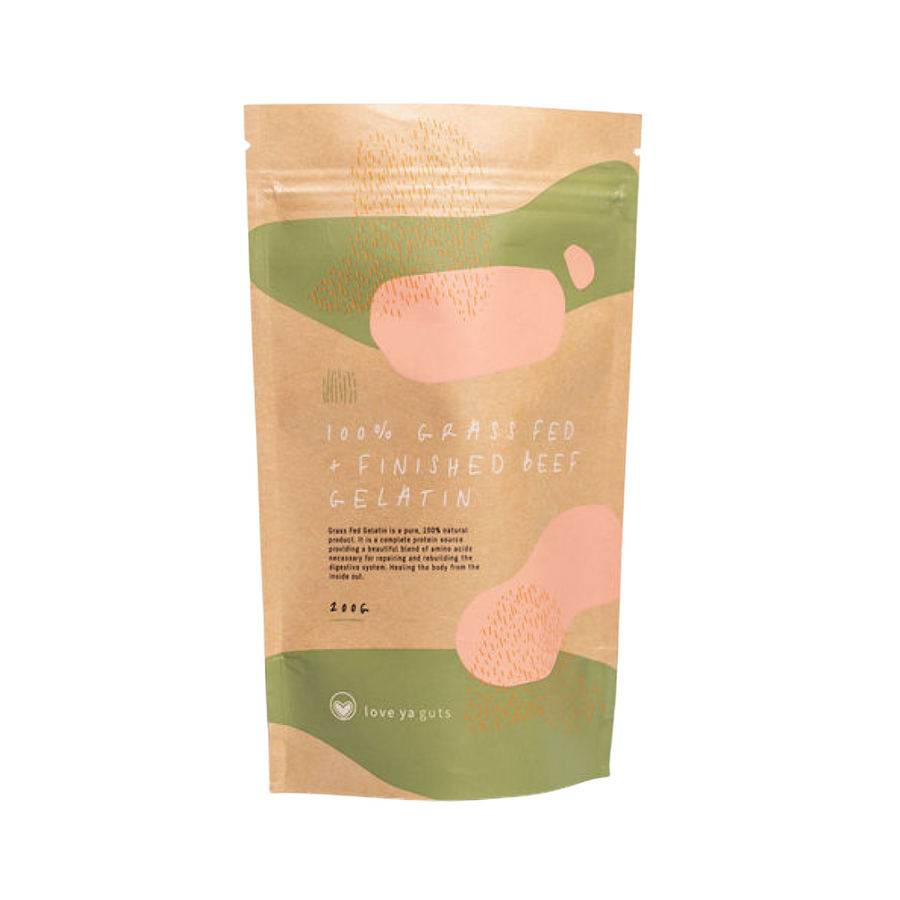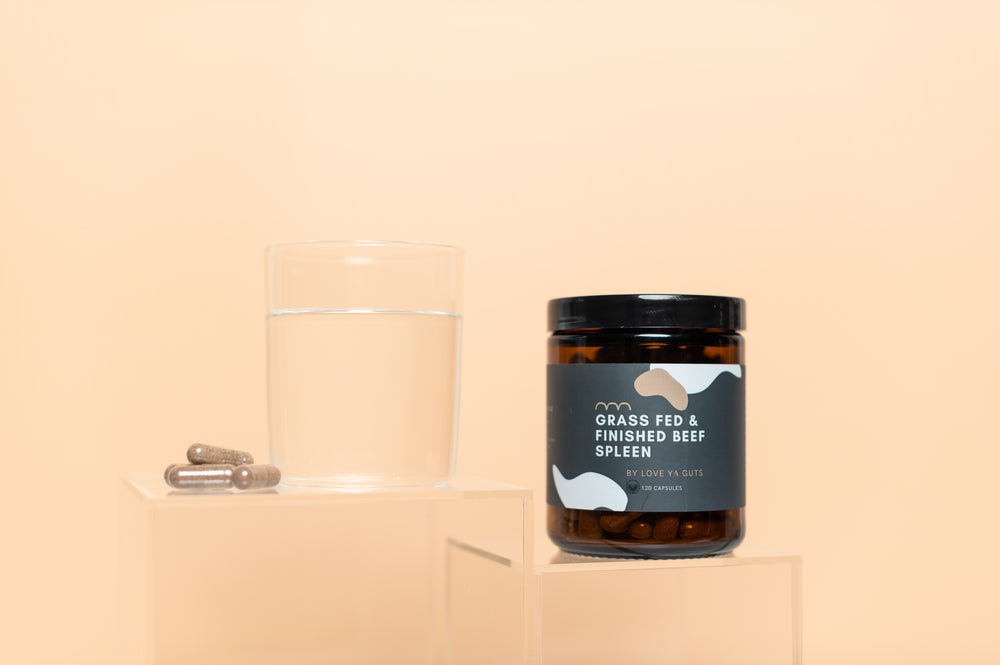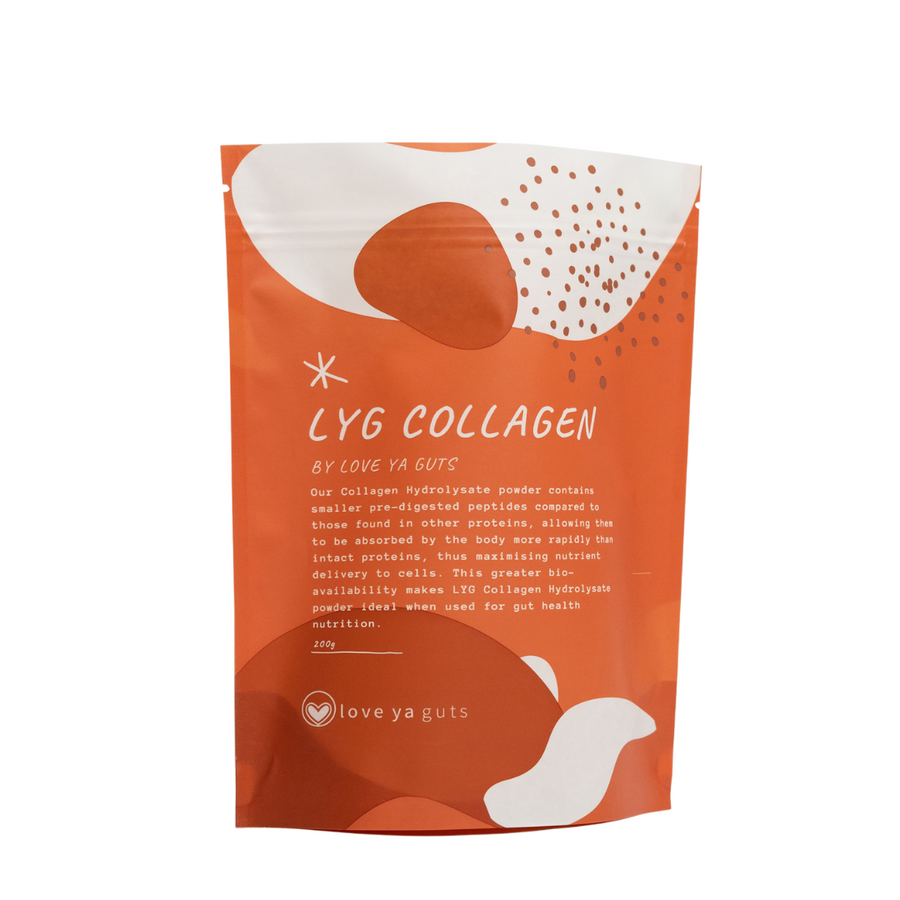Why Antacids Are Making Your Gut Issues Worse
An essential and important component of digestion is stomach acid. Yet in western medicine, stomach acid has emerged as a major enemy. Proton pump inhibitors (PPI), acid reducers, and antacid medicines are widely used in western nations like Australia and the USA.
Many people believe they cannot survive without these medications, yet many low stomach acid symptoms actually resemble those of high stomach acid or gastroesophageal reflux disease (GERD). It's a frequent misconception that if you have GERD or acid reflux, your stomach acid level is excessively high. The exact opposite is accurate. The lower oesophageal sphincter will remain open due to low stomach acid, allowing stomach acid and other contents to reflux into the oesophagus.
7 Reasons Why Stomach Acid is Important
- Eliminates harmful bacteria and viruses. We pick up viruses and bacteria from our hands, utensils, food, beverages, kissing, etc. Our stomach acts as a gatekeeper for a healthy immune system when our stomach acid kills these buggers. Unlike every other part of our body, a healthy stomach is sterile because the acidic pH kills foreign invaders. Many infections, like c diff and h pylori, can be the result of low stomach acid.
- Prevents small intestinal bacterial overgrowth (SIBO). Stomach acid that makes it to the duodenum (the first part of the small intestine) will help combat bacteria that has transiently found itself in the small intestine, either from the large intestine or the stomach. Bacteria does not belong in the top portion of the small intestine and an overgrowth can cause horrible symptoms.
- Activates the digestive enzymes, pepsin, necessary for digesting protein. Without it you may end up with amino acid deficiencies , pepsin also kills harmful microbes and supercharge the body's ability to take in nutrients.
- Senf signals the pancreas to release the enzymes amylase, protease, and lipase. These enzymes are critical to break down proteins, fats, and carbohydrates. Carbohydrate malabsorption can cause excessive gas and contribute to SIBO.
- Triggers motility in the small intestine. Small intestine motility is needed to move food along. Slow motility of the small intestine can contribute to SIBO and cause pain. Stomach acid “turns on” the lower pyloric valve to release food into the small intestine. Low stomach acid will cause food to stay in the stomach longer.
- Critical for the absorption of micronutrients. Calcium, magnesium, iron, folate and vitamin B12 depend upon stomach acid for proper absorption. Stomach acid is essential for the breakdown and absorption of these nutrients. Low stomach acid has been linked to iron anemia, b12 pernicious anemia, osteoporosis, and magnesium deficiency.
- Reduces food to small particles for easier digestion in the small intestines. When food is not chewed properly or broken down by stomach acid, large particles have been linked to leaky gut syndrome and even celiac disease
the 3 Types of Acid-Reducing Medications
Not all antacids are exactly the same. Here is a breakdown of the three types of antacids:
- Proton pump inhibitors (PPIs) work by reducing the amount of stomach acid made by glands in the lining of your stomach, these are usually prescribed from your doctor Examples: Omeprazole (Prilosec), Esomeprazole (Nexium), Lansoprazole (Prevacid), Rabeprazole (AcipHex), Pantoprazole (Protonix)
- H2 blockers are medicines that work by reducing the amount of stomach acid secreted by glands in the lining of your stomach. Examples: Famotidine (Pepcid), Cimetidine (Tagamet), Ranitidine (Zantac), and Nizatidine (Axid), Gaviscon.
- Antacids are usually bought off the shelf in supermarkets or pharmacies without a prescription agents, They neutralize the gastric acid and raise the gastric pH. Examples: sodium bicarbonate, calcium bicarbonate, aluminum hydroxide, magnesium hydroxide, and Sucralfate (Carafate). if you are not familiar with the ingredients these are brands such as mylanta, guardium, gaviscon, quick-eze, rennie.
OTher Health Issues When you dilute your stomach acid
Long term when taking these acid blockers you will tend to start having other symptoms such as
- Abdominal bloating after meals
- Feeling tired after meals
- Reflux and heartburn
- Weak nails
- Weak and thinning scalp hair
- Red cheeks
- Burping and passing gas
- Bad breath
- Eczema and acne
- Leaky gut
- Nausea
If you have are reliant on acid blockers currently it is essential that you heal your gut and rebuild your stomach acid
A couple of things you can do straight away is
- Make sure you obtain plenty of zinc in your diet. Zinc is found predominantly in seafood, eggs, poultry and red meat. Nuts and seeds contain some zinc, but the phytic acid in these foods impairs its absorption and this is why it is so important prepare them properly by soaking them in filtered water.
- Include natural acids in your diet. These include vinegar, lemon and lime juice. It is a good idea to put a tablespoon of apple cider vinegar in a couple of tables spoons in water with some water before a meal to help breakdown food.
Discover How Love Ya Guts Box Can Help Transform Your Gut Health
- Get to the root cause of bloating rather than just treating symptoms
- Soothes the stomach and assist with issues such as IBS symptoms so you can feel comfortable within your body
- Get rid of sugar cravings
- Boosts your metabolism & control blood sugar to make weight loss almost effortless
- Balance hormones so your body can function how it was meant to but also help with having a balanced mood


















